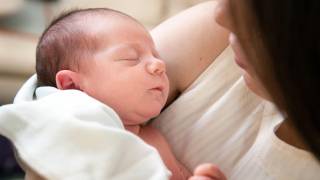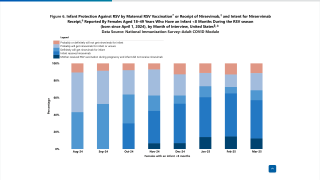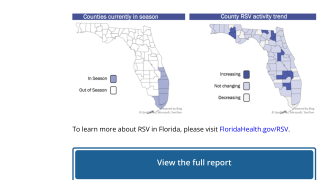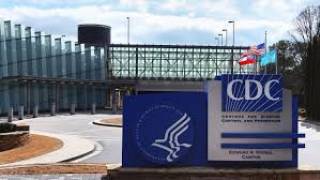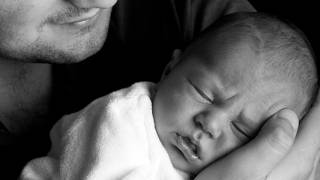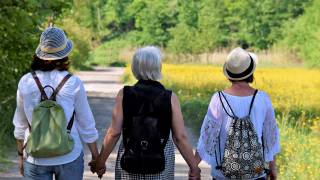3.4% of Expecting Mothers Infected With RSV
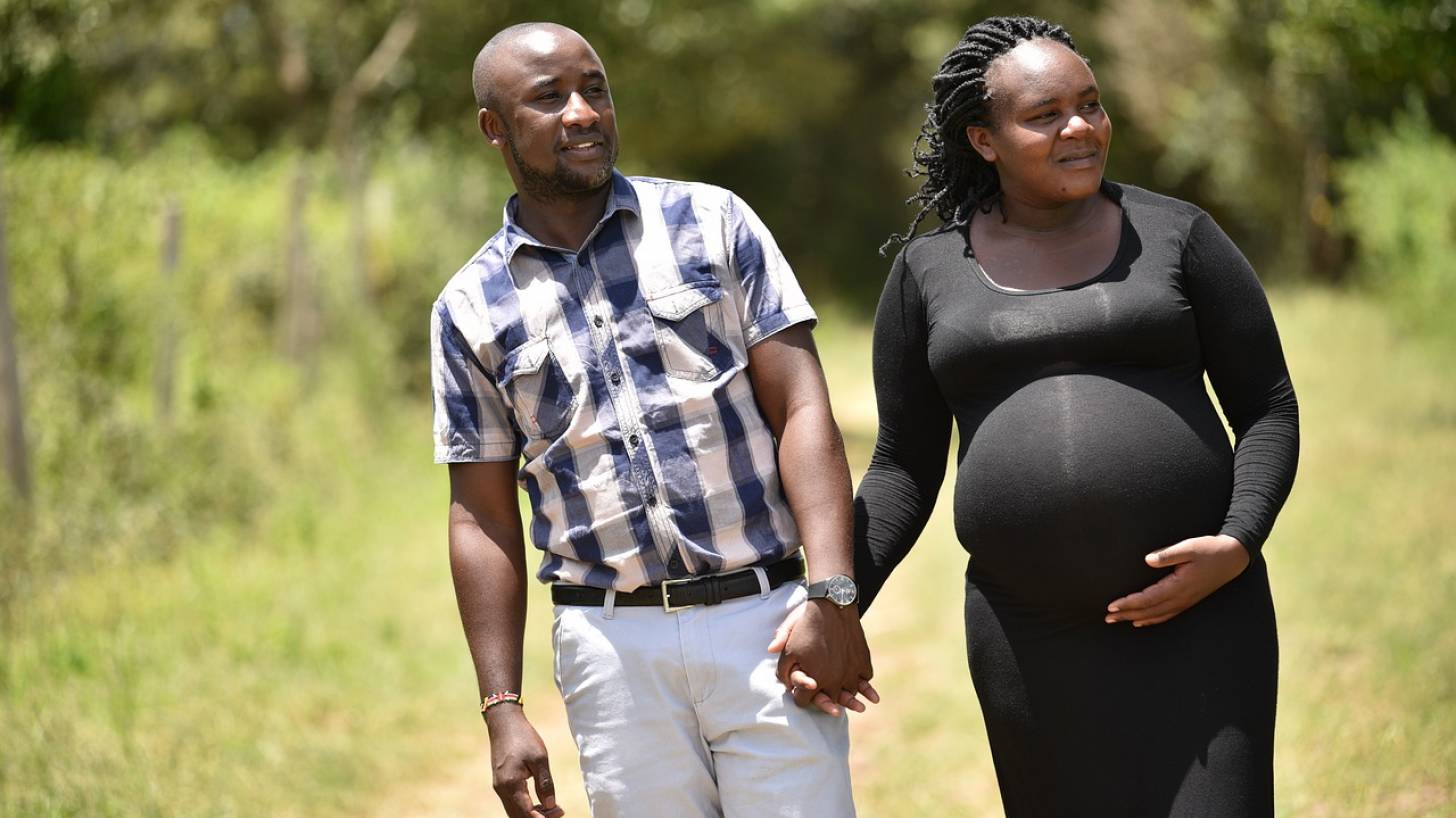
To better understand the health risk of respiratory syncytial virus (RSV)-associated acute respiratory infections (ARI) in pregnant women, a new study revealed the proportion of ARI testing positive for RSV.
Between 2010 and 2022, among 8,126 pregnant women in community, inpatient, and outpatient settings, the proportion with respiratory infections that tested positive for RSV ranged from 0.9% to 10.7%, with a meta-estimate of 3.4% (95% CI: 1.9; 54).
Additionally, these RSV-positive pregnant women had higher odds of preterm delivery (odds ratio 3.6 [1.3; 10.3]).
The Journal of Infectious Diseases published this meta-analysis of 11 studies on October 12, 2023, and follows the recent approvals in the United States and Europe of new RSV vaccines and monoclonal antibody therapies.
To maximize infant protection after birth, the U.S. Centers for Disease Control and Prevention (CDC) recommends seasonal administration of one dose of RSV vaccine for pregnant women during weeks 32 through 36 of pregnancy.
The CDC Director, Dr. Mandy Cohen, stated in a press release on September 22, 2023, "I encourage parents to talk to their doctors about how to protect their little ones against serious RSV illness, using either a vaccine given during pregnancy or an RSV immunization given to your baby after birth."
While RSV monoclonal antibody therapy has been available for many years, a new product offers enhanced protection.
Beyfortus™ is the first extended half-life monoclonal antibody offering passive immunization to prevent lower respiratory tract infections caused by RSV. Beyfortus is designed to protect infants experiencing their first or second RSV season and those with congenital heart disease or chronic lung disease.
Predicting when RSV season starts has been a challenge for most health agencies.
The World Health Organization (WHO) Influenza Update N° 455 reported that RSV activity was generally 'low' globally.
As of October 9, 2023, the WHO confirmed RSV activity was found in parts of Western Australia and some Central and temperate South American countries.
The CDC's RSV detection graphs in the United States display the 5-week moving average as of October 12, 2023.
In Florida, where RSV is generally first detected each season, the Department of Health reported as of October 7, 2023, RSV activity was increasing in positivity rates, hospital admissions, and emergency room rates, with three previous outbreaks and two current RSV outbreaks in Broward and Pasco counties.
The CDC recommends pregnant women speak with their healthcare provider regarding RSV protection options for themselves and their future children.
Our Trust Standards: Medical Advisory Committee



